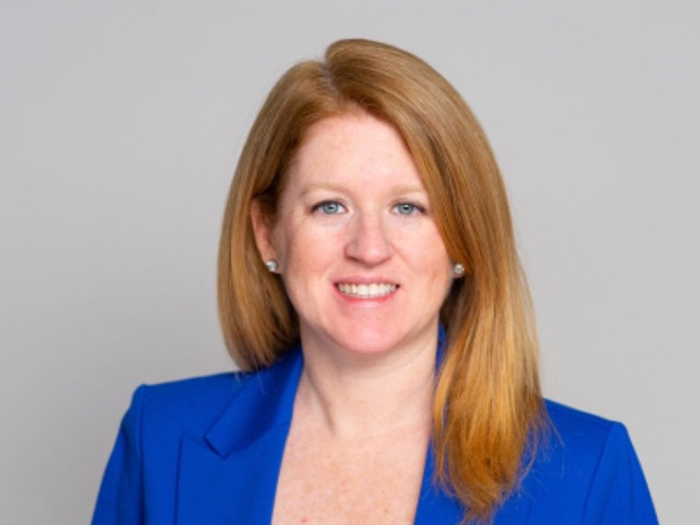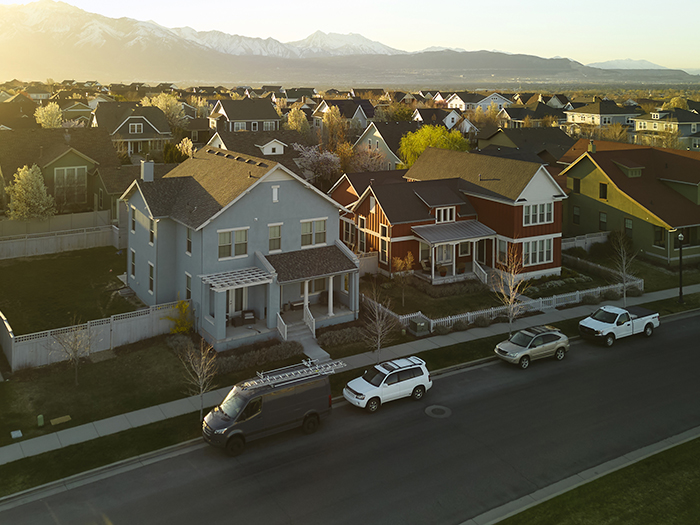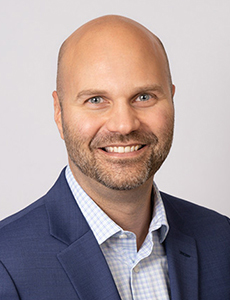California’s COVID-19 Presumptions Could Mean Big Costs for Workers’ Comp

Browse any online news site or listen to a newscast and you’d be hard pressed not to find information about the effects the COVID-19 pandemic is having on how employees are doing their jobs.
From wearing masks and gloves to cordoning off their workspaces, today’s workforce is doing whatever it takes to get back to “business as usual” while keeping everyone safe.
Unfortunately, employees continue to contract the disease — both inside and outside their workplaces. So, what does this mean for workers’ compensation laws?
Well, according to California’s Governor, Gavin Newsom, and Executive Order N-62-20 he recently signed, any COVID-19-related illness of an employee shall be presumed to arise out of and in the course of employment for purposes of awarding workers’ compensation benefits.
Specifically, the executive order says an employee can access workers’ compensation benefits so long as they test positive for COVID-19 within 14 days of performing “labor of services” at their place of work. The executive order applies to all employees working outside the home at the direction of their employer. The diagnosis also must be confirmed by further testing within 30 days of the original diagnosis.
The order has ruffled the proverbial feathers of many organizations, including the Automotive Recyclers Association (ARA). The company recently announced its opposition to any legislative or executive actions that create a presumption that essential workers who present with symptoms of COVID-19 contracted the virus at their place of work.
“The biggest concern at the onset of this new rule for auto recycling business owners is only having 30 days to provide existing evidence to rebut the presumption that an employee’s COVID-19 resulted from their employment,” said Sandy Blalock, executive director at ARA.
“Further, with the burden shifted to the employer, overcoming the presumption may prove difficult. Having been dealt this blow while trying to recover their extreme financial losses already incurred will most likely see many more businesses having to downsize or even close their operations. Recyclers and all business owners will bear the burden of the increased cost of workers’ compensation insurance premiums that this will most likely lead to if these regulations remain in place.”
As Trindl Reeves, principal and chief sales officer at Marsh & McLennan Agency – West, explained, infectious disease and contagious illnesses traditionally are not covered under workers’ compensation.
“Also, typically, the burden of proof is on the employee to prove they have a medical condition, and there is a 90-day investigation period. One of the key points in the California executive order is the presumption of rebuttable and can be overturned with evidence provided by the employer, but the investigation must take place within just 30 days,” Reeves said.
Possible rebuttable evidence includes:
- Recent travel
- Lack of adherence to the stay-at-home order
- Exposure to others outside of place of employment with known cases of COVID-19
- Payroll records showing they didn’t work during the 60-day period
- Company memos confirming work from home
- Medical records
- Evidence only discovered subsequent to the 30-day period
What Other States Are Doing
As Reeves explained, the cost impact of Governor Newsom’s order will be significant for California.
On May 19, 2020 the Workers Compensation Insurance Rating Bureau (WCIRB), the data-gathering organization for workers’ compensation rating in California, held a special actuarial meeting to determine the financial impact on the workers’ compensation system.
“The mid-point range of the new revised estimates are approximately $1.1 billion, which assumes 46,600 claims (there are 4,000 claims reported to date),” Reeves said.
“While we expect the executive order to impact rates because of the increase in losses into the system that were not contemplated during rate setting, right now, we don’t expect it to be more than 5-10% on the overall system.”
With this executive order, Governor Newsom shifted the burden of providing benefits to the workers’ compensation system.
“His intent is to make sure sick people not only have their medical bills covered but also have their wages reimbursed,” said Reeves. Labor Code section 5402 provides up to $10,000 in medical treatment during the delay period, plus disability payment for time off work. If a worker claims they are permanently disabled, this disability may be apportioned to a pre-existing condition, providing the apportionment was determined by a doctor and based on the medical evidence.
“Death benefits will be paid as normal, but no benefits shall be paid if there are no surviving dependents,” Reeves said.
“The financial impact on our health care system should be much less now that workers’ compensation, and not the health care insurers, will cover many COVID-19 illnesses.”
Ten states have created presumptions along the lines of California. However, what is striking about California’s executive order is that it applies to all workers, not just a subset (most orders in other states are focused on health care workers and first responders).
“Wyoming is the closest in terms of breadth of workers included, but the impact will obviously be lower than California’s due to the number of people impacted by the virus,” Reeves said.
“Illinois did create something similar, but it was rescinded. However, talks in Illinois have rekindled in an effort to pass something soon. Kentucky’s is broad, covering grocery workers, postal service workers and others, but not as broad as California.”
It’s important to note that Hawaii had an existing law that creates a presumption. There are pending legislative changes in California, which would expand the length of time the presumption applies; Louisiana; Massachusetts; Michigan; North Carolina; and New Jersey.
Ongoing Impact
A week before the Governor’s order was granted, the California Workers Compensation Institute (CWCI) did a survey of 28 insurers and self-insured CWCI members, which had 1,077 California workers’ compensation COVID-19 claims filed before April 30.
“The survey found that 35% of the COVID-19 claims were denied, but 7 out of 10 workers whose claims were denied tested negative for the virus,” Reeves said. “The balance of the denials found that the employee had not been exposed at work, or for other reasons, including the lack of a diagnosis, lack of symptoms or that the employee had been working at home or refused to take a COVID-19 test.”
Abby Johnson, claims manager for the Minneapolis office of Marsh & McLennan Agency, said it is tough to prove where a person is exposed to COVID-19, and businesses could be paying claims that technically should not be theirs, depending on where the exposure came from.
“On the flip side, workers who do get COVID are covered and taken care of from a financial standpoint. There are many workers living paycheck to paycheck, and a fear of not being able to work could ultimately cause further spread of the virus if they do not want to speak up or say anything in case they end up quarantined,” Johnson said.
“This allows for coverage of both medical bills and lost time due to illness and quarantine with a positive COVID test or diagnosis.”
Johnson said California’s executive order impacts both insurance companies and businesses equally from an experience modification rating (EMR) standpoint. As she explained, the presumption allows for payment under WC for any COVID-related claims, and it could easily spread to employees and cause a huge spike in the experience mod once all these claims are paid.
“The EMR impacts a business in several ways—the main one being premium costs are directly tied to it. Additionally, businesses that bid out their work use the EMR as almost a safety rating, and many won’t hire them if it is over industry average, which is a 1.00,” Johnson said.
“For the insurance industry, it means deciding whether there needs to be an exception when calculating the EMR to avoid spikes, which would paint an inaccurate picture of the risk involved with insuring/working with a business.”
Jeremy Buchalski, a partner at Wilson Elser, said CWCI data certainly suggests the workers’ compensation costs associated with COVID-19 will have a resulting effect on an employer’s payroll costs: “However, the full picture will not be entirely clear until it is known how many claims will result in significant medical costs related to hospitalization or indemnity costs due to lengthy absences from work or death,” Buchalski said.
“While the most catastrophic claims could be significantly more costly than the average workers’ compensation claim, employers will likely see a reduction in other types of claims due to stay-at-home orders, layoffs and furloughs as a result of the novel coronavirus.” &










